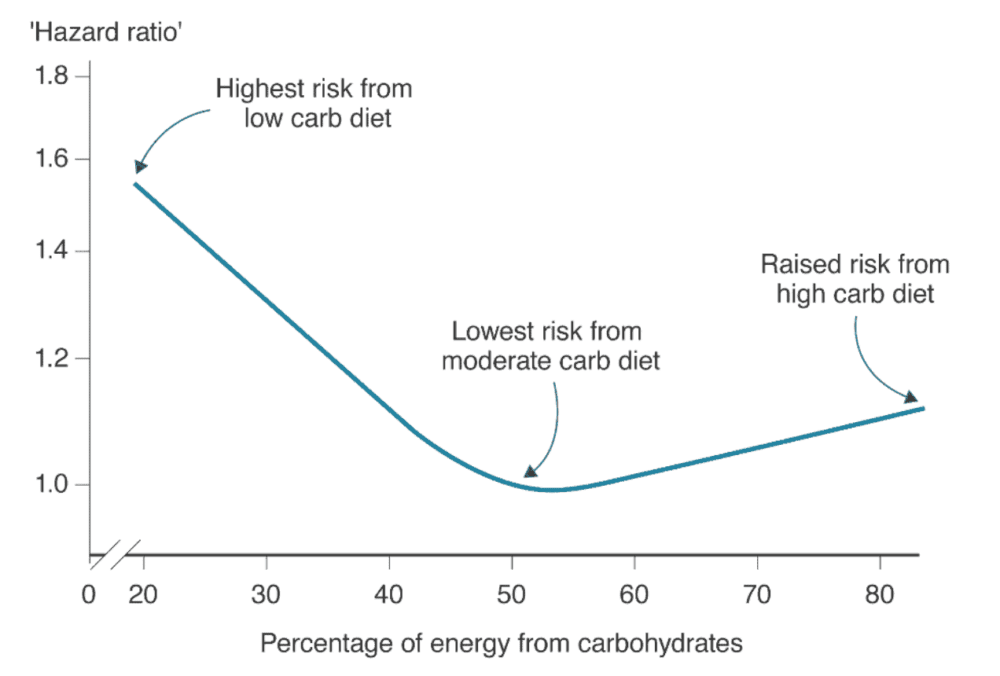WHO defines health as “a state of complete physical, social and mental wellbeing, not merely the absence of disease or infirmity”.
What is health? Most of us consider health as the absence of disease. In the 5th century, Pindar defined health as a harmonious functioning of the body organs. However, in modern times, technology has overtaken human resources, health is seen as a broader spectrum that isn’t only limited to the organ functions anymore. It also implies to a maximum caliber of a human being for self-realization.
WHO defines health as “a state of complete physical, social and mental wellbeing, not merely the absence of disease or infirmity”. Health was defined in ancient times by Greek philosophers who quoted that there is a healthy mind in a healthy body. Hippocrates was of the view that “positive health” depends on human genetics, diet and exercise. He established the relationship of human’s physical health with environment and quality of life.
Physical, mental and social aspects of wellbeing are greatly influenced by the type of diet we consume. We are what we eat! A healthy balanced diet provides complete nourishment to our body. Deficiency or excess of everything is bad.
What types of food make me happier?
This takes us to our topic of the day, can specific types of food affect your wellbeing more than others. A question that we usually ask ourselves: where can we draw the line between that happy feeling we get when eating a pizza but also that bad “regret” feeling we get afterwards. Eating a carbs-rich meal has been shown to increase your serotonin levels, a chemical associated with happiness and emotional wellbeing. Therefore, how can we manage this relationship that we have with carbs? what is more important to you, feeling well and happy after a nice meal full of carbs or actually stopping yourself to have a nicer body? To answer these questions, first let us take a look at what carbohydrates are and why they exist.
Eating a meal rich in carbs has been shown to increase your serotonin levels, a chemical associated with happiness and emotional wellbeing.
What Are Carbohydrates?
Carbohydrates are one of the 3 essential macronutrients in a healthy balanced diet of a human being, the others being fats and proteins. Carbohydrates is a broad term and has two major categories: simple and complex. Simple carbohydrates include sugars whereas starch and fibers constitute the complex carbohydrates. They provide over fifty percent of the daily energy requirement for a human body. One gram of carbohydrates provides 4 kcal of energy.
Moderate amount of carbohydrates, around 45 to 65% of your daily calories intake, consumed as part of a balanced healthy diet, actually have beneficial effects on your overall wellbeing.
“The Bad Boys”, Are Bad Carbs Actually Bad to You?
Nowadays, there is a dilemma of bad carbs which is encircling the world. Although carbohydrates make a major portion of our daily food intake, it has also been noticed that different types of carbohydrates have variable health effects on our body. Not all carbohydrates are bad. Moderate amounts of carbohydrates, which constitute around 45 to 65 percent of your daily calories intake, as part of a balanced healthy diet have beneficial effects on your overall wellbeing. Dietary patterns with balanced carbohydrates intake have beneficial effects in reducing public health hazards of cardiovascular diseases and diabetes and they also help in controlling obesity through weight loss.
The Good Carbs
Complex carbohydrates that are rich in fiber are beneficial for your health as they increase satiety, add bulk to the food, increase bowel movements and thus help in the prevention of constipation. In a previous article, we spoke about the health effects of having a diet that is low in fiber. Something that was typical of the western diet and the Standard American Diet.
However, to achieve these beneficial effects of carbohydrates on the body, one needs to limit the intake of sugar carbohydrates to a maximum of 5% to 10% of their total food intake and to increase the consumption of complex fiber carbohydrates.
The Negative News
The World Health Organization (WHO) has advised to limit the intake of free sugars to be less than 10% of the total body intake.
In this digital world where sedentary lifestyles and fast foods. Diets usually comprise high levels of simple carbohydrates. Health is being affected by inactive lifestyles, not only in a physical aspect but also on our social and mental wellbeing. The World Health Organization (WHO) has advised to limit the intake of free sugars to be less than 10% of the total body intake. Simple sugars pose a major public threat such as increasing risk of type 2 diabetes, Cardiovascular diseases, obesity, metabolic syndrome and dental carries. Dental carries occur due to demineralization of tooth because of the ability of bacteria in the mouth to ferment the simple sugars. High caloric intake is linked with increased weight gain and thus it results in obesity. Cardiovascular diseases are also associated with obesity and demonstrate a range of diseases like high blood pressure, angina and heart attack, and peripheral arterial diseases.
The graph below shows the correlation between risk of death (All Cause Mortality) and the amount of calorie intake you get from carbohydrates. Very low levels of carbohydrates seem to cause the highest risk of all cause mortalities, even higher than the risk of death associated with a high carb diet.
What Are The Effects of Carbs on Your Mental and Social Wellbeing?
A healthy balanced diet with adequate amounts of wholegrain, fruits, vegetables and fish has been a primary preventative strategy to reduce the risk of developing a depression.
Carbohydrates have vast effects, not only on the physical health of a human being, but also lay their impact on the mental and social wellbeing of a human being. A healthy balanced diet with adequate amounts of wholegrain, fruits, vegetables and fish has been a primary preventative strategy to reduce risk of developing a depression. The anti-inflammatory and the biochemical properties of healthy diets alter the levels of monoamines in the brain. They have an important role in defining our behaviors and emotions.
Violations of social norms and increased social punishments have been linked to breakfasts rich in carbohydrates.
Breakfasts rich in carbs are known to upsurge levels of tryptophan and dopamine. Dopamine is a hormone linked to how we feel pleasure and how plan and think.
In addition to providing nutrients to your body, carbohydrates exert a significant role in defining our social behavior, our decision making and our cognitive abilities. Our behavior generally depicts “we are what we eat”. They play an important role in human decision making, social interactions and our behavior in teamwork and leadership. Violation of social norms and increased social punishment have been linked to breakfasts rich in carbohydrates. Breakfasts rich in carbs are known to upsurge levels of tryptophan and dopamine. Dopamine is a hormone linked to how we feel pleasure and how plan and think. Those breakfasts also lower levels of tyrosine in the brain. This leads to lower glucose levels after meals. Lower glucose levels decrease the capacity of endurance and thus increase the rejection sensitivity. This leads to poor social interactions, violation of social norms and increased social punishments.
Low carb diets have been used in weight loss regimes. They have also been associated with decreasing the risk of cardiovascular diseases. However, we cannot eliminate carbohydrates from our diets. This is because glucose is the major source of energy for the brain and it is necessary for its proper functioning. In fact, low glucose levels can lead to altered state of consciousness, which might result in a poor higher mental functions.
What Would Happen to Me if I Completely Eliminated Carbs from My Diet?
Experiments have shown undernourishment and developmental delays in animals when carbohydrates are completely eliminated from their diets.
In case of the absolute elimination of carbohydrates from diets, ketones, derivatives of fats, become the main source of energy supply to the brain. Experiments have shown undernourishment and developmental delays in animals when carbohydrates are completely eliminated from their diets. Complete restriction of carbohydrates is harmful for wellbeing as a whole. Cognitive behavior is impaired. Judgments and decisions cannot be made wisely. People tend to become more aggressive and have less social interactions.
Lots of Information, What should I do?
Long story short, carbohydrates are an essential component of a healthy balanced diet that comprises more than 50% of your diet. They are a rich source of energy. Not all carbohydrates are bad. Carbohydrates have a wide impact on the physical, mental and social wellbeing of a human being. Carbohydrates make a major portion of our diet, add bulk to the food, improve satiety, stimulate appetite, and improve our cognitive functions.
On the other hand, simple sugars have been linked to negative effects on dental caries, diabetes, obesity and cardiovascular diseases. Those include high blood pressure, stroke and heart attacks.
They also impact our mental health by increasing the risk of development of depression with an imbalanced diet that has high levels of carbohydrates. Our social and cognitive behaviors are also impacted in a negative way due to the consumption of simple sugars.
In order to avoid such adverse effects of carbohydrates, it is necessary to avoid simple sugars. It is adviced to consume complex carbohydrates instead according to the suggested recommendations.













